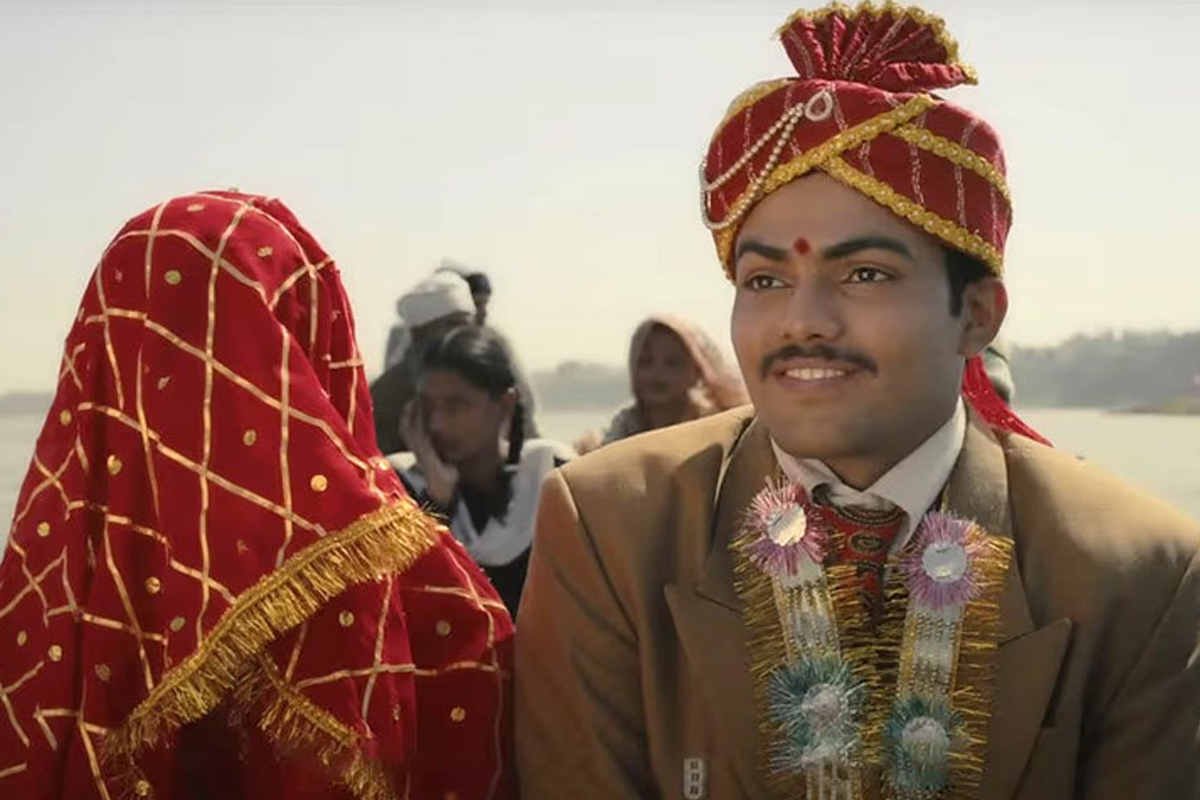Kiran Rao and Aamir Khan’s heartwarming Eid celebrations
Kiran Rao and Aamir Khan celebrate Eid with family, sharing precious moments despite divorce. Azad joins in the festivities, spreading warmth and joy.
The crop of new faces in the film is such a delight. All credit goes to the casting director, Romil Modi. Dipak, played by Sparsh Srivastav, and Phool, by Nitanshi Goel, a social media influencer, are outstanding, respectively. Both capture an innocence of India that is still not lost.

Oh bhak! The men in a fictitious state called Nirmal Pradesh often exclaim when faced with a dilemma in Laapataa Ladies. For Indian women, their whole lives are riddled with dilemmas and often have the greatest ‘fraad’ done unto them, as mouthed by a self-reliant tea and bread pakora seller, Manju, at a railway station.
Through a sweet little comedy of errors penned by Biplab Goswami, director Kiran Rao shows how a woman can not only be lost physically, but even metaphorically, till she learns how to ‘find’ herself. The way in which our society operates in a rural setting will never allow a woman to find her own voice. Everyone is to blame—men and women. The director takes cute pot shots at the police, politicians, men and other women too, in a way that does not seem bitter or confrontational.
Two pairs of newlyweds travel in a crammed general compartment, and the brides get swapped at two different stations. They are not recognisable because they have been advised by the elderly women to keep their ghunghats on and look down. The women cannot utter their husband’s name, and the exasperated police officer pleads his helplessness by saying how he is expected to trace a missing woman who cannot provide any leads. They do not even know the address of their own homes, let alone their in-law homes. This is set in 2001, so mobile phones are something new, but the irony is loud and clear. These women would rather be exposed to danger than have their veils off!
Advertisement
Perhaps there are messages galore in the film, but the subtle nuances are not hard to miss. The intrusive nature of the public when comparing dowries between two grooms and drinking on the sly is condoned, not being sensitive to women is everyone’s fundamental right. Like the daadi amma, who says, “Whoever cooks food in a household that women enjoy.”
Yet the kindness of strangers and the love that a young man feels for his new bride cannot be swept under the carpet for ultimately, it is up to the woman to stand up for her rights. She can only do that by making some informed choices, such as wanting to study further, work, or even help another woman in a household stand up for her rights.
Showing a slice of real India, a trend that was in vogue during the sixties and seventies in Bollywood, seems to return with such films, which are mainstream yet focus on parts of India that urban India is not familiar with. The kheti, bulls, windowless rooms, yet open fields, and poor infrastructure. The train hurtles through the greens, while the compartment is crammed like a tin of sardines. The eerie nights at a station give way to morning light, bringing in a sense of relief and hope. It is symbolic.
The crop of new faces in the film is such a delight. All credit goes to the casting director, Romil Modi. Dipak, played by Sparsh Srivastav, and Phool, by Nitanshi Goel, a social media influencer, are outstanding, respectively. Both capture an innocence of India that is still not lost.
But Ravi Kishen, as the seemingly ruthless police officer who shows another side to his character, can make anyone cry. No character is black and white except for some boors who are raised that way. A woman who cries out her husband’s name aloud when reunited with him at the end is the message for all women on this International Women’s Day. Break out of your shackles. Only you can do it!
Advertisement